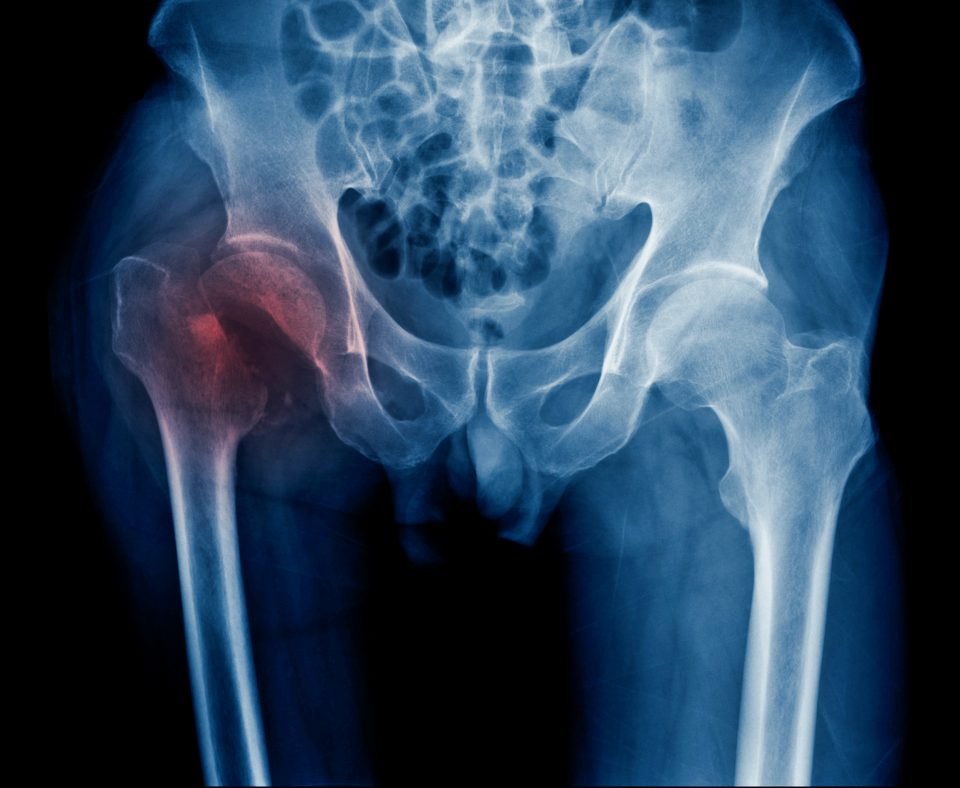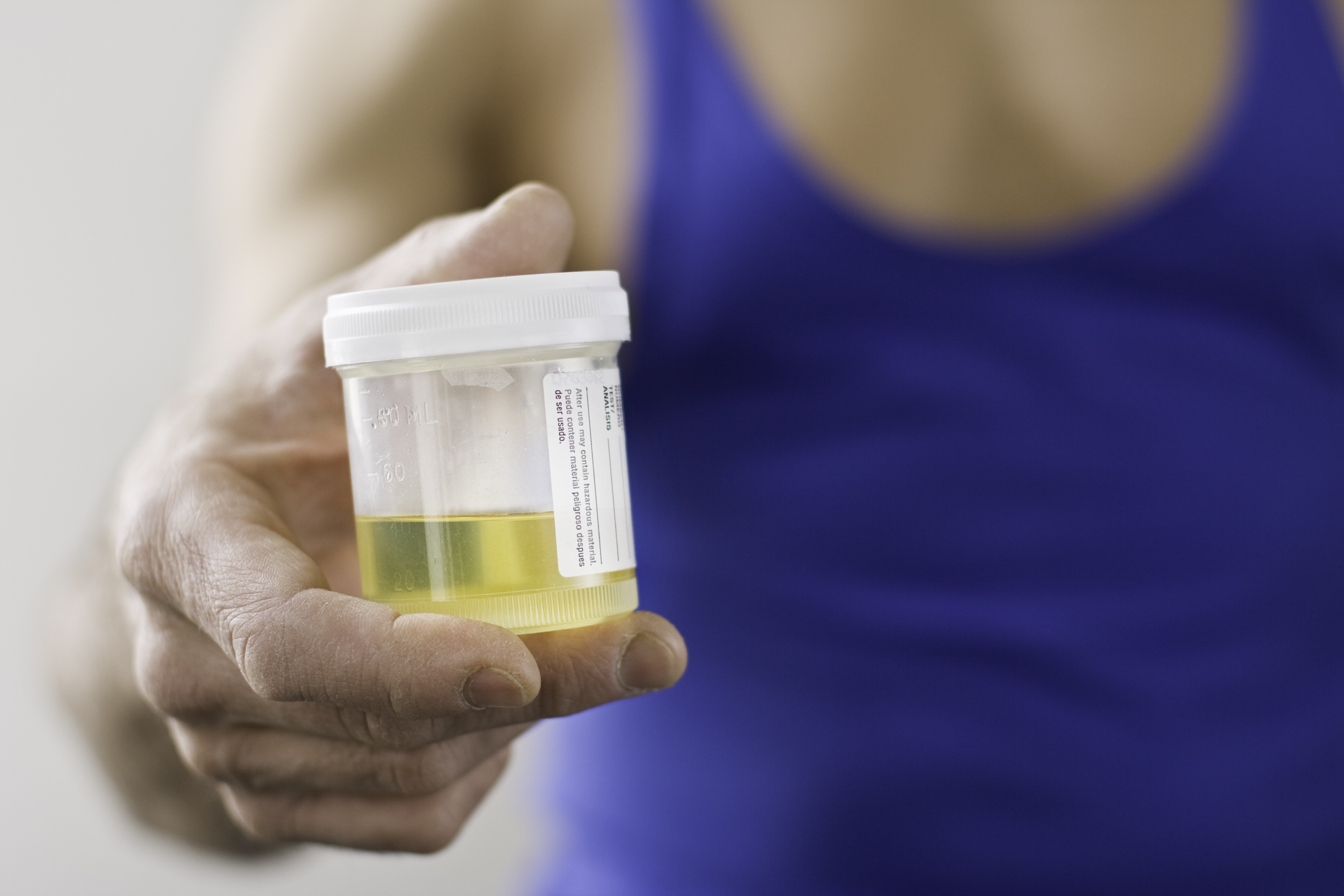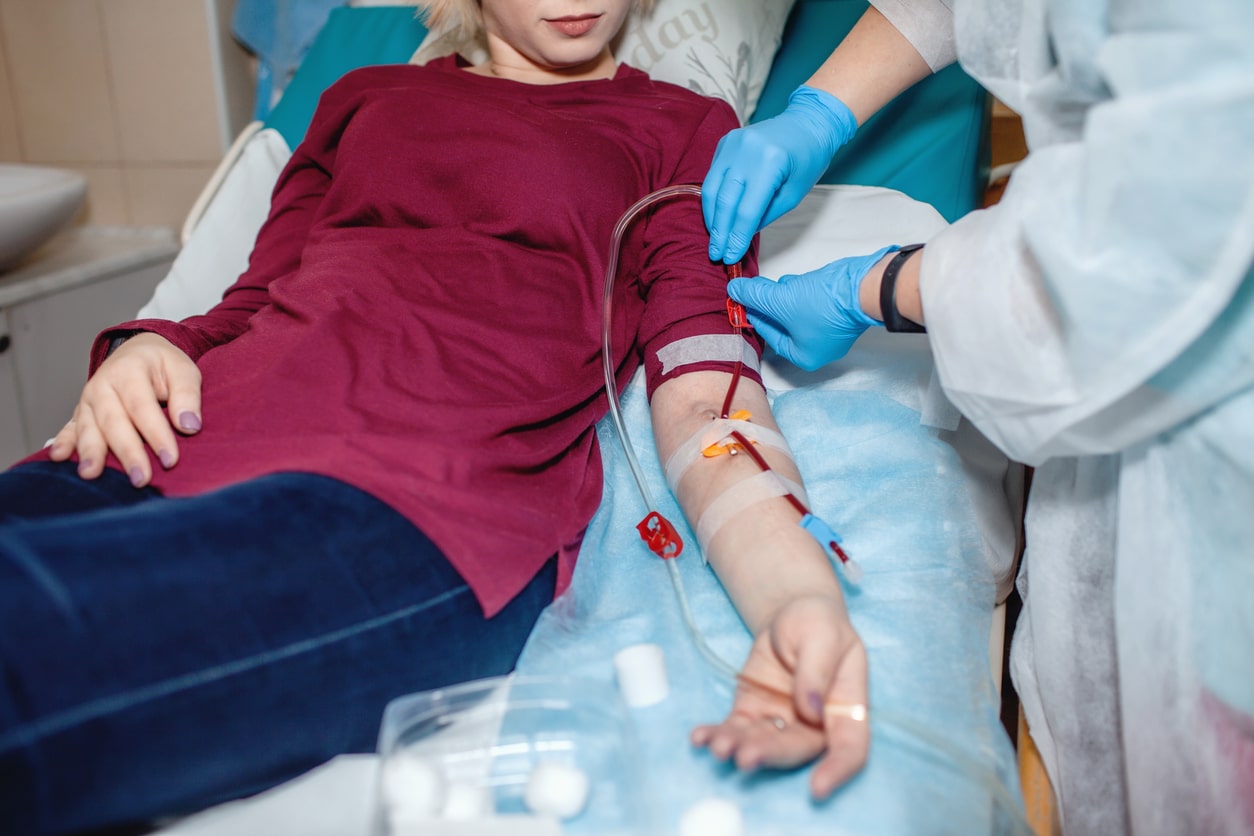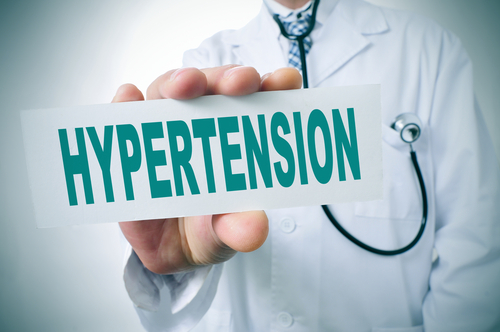
A new study highlighted the effects of acute kidney injury (AKI) on complication risk in total hip arthroplasty (THA) patients. The study authors concluded that AKI significantly increases postoperative complication risks, including mortality, and recommend that increased focus be placed on reducing AKI risk.
“Acute kidney injury (AKI) is an uncommon, but a clinically important post-surgical complication. AKI is a risk factor for the development of chronic kidney disease (CKD) and higher mortality,” the researchers wrote. “Post-surgical AKI leads to higher adjusted healthcare costs (1.6-times) and longer hospital stays. Thus, post-operative AKI leads to a major healthcare burden.”
The retrospective study reviewed data from the U.S. National Inpatient Sample on THAs performed between 1998 and 2014. The association between AKI and complications including infection, transfusion, revision, and mortality, as well as healthcare utilization including total hospital charges, discharge to a rehabilitation facility, and hospital length of stay, postoperatively was evaluated.
Acute Kidney Injury Ups Complication Risk
A total of 4.1 million primary THAs were performed during the study period, of which 61,077 (1.5%) included AKI during hospitalization. Unadjusted analyses unearthed a correlation between AKI and higher rate of complications and healthcare utilization.
When adjusting for age, gender, race, income, underlying diagnosis, medical comorbidity, and insurance payer, AKI presenting in primary THA was significantly increased risks for the following complications: implant infection (odds ratio [OR]=2.34; 95% confidence interval [CI[, 1.87–2.93), transfusion (OR=2.46; 95% CI, 2.37–2.56), revision (OR=2.54; 95% CI, 2.16–2.98), death (OR=8.52; 95% CI, 7.47–9.73), total hospital discharges above the median (OR=2.29; 95% CI, 1.99–2.65), discharge to a rehabilitation facility (OR=2.11; 95% CI, 2.02–2.20), and hospital LOS longer than three days (OR=4.34; 95% CI, 4.16–4.53).
The study was published in Arthritis Research & Therapy.
“The absolute increase in post-primary-THA complications with AKI ranged 0.5% for implant infection to 19% for transfusion. This finding is clinically important, given that the rate of complications and mortality rates in those without AKI were 0.2–0.4% except that for transfusion (22.5%). The multivariable-adjusted relative risk of in-hospital complications was 2.3–2.5 times. Most primary THAs are elective procedures. Our findings identify AKI as an important risk factor for complications post-primary THA,” the study authors said of their findings.
In their conclusion the researchers called for quality initiatives to reduce AKI risk by improving care pathways for THA patients; they further recommended that future research “explore[s] the mechanisms of AKI in patients undergoing primary THA and examine interventions that target modifiable risk factors for AKI.”







 © 2025 Mashup Media, LLC, a Formedics Property. All Rights Reserved.
© 2025 Mashup Media, LLC, a Formedics Property. All Rights Reserved.